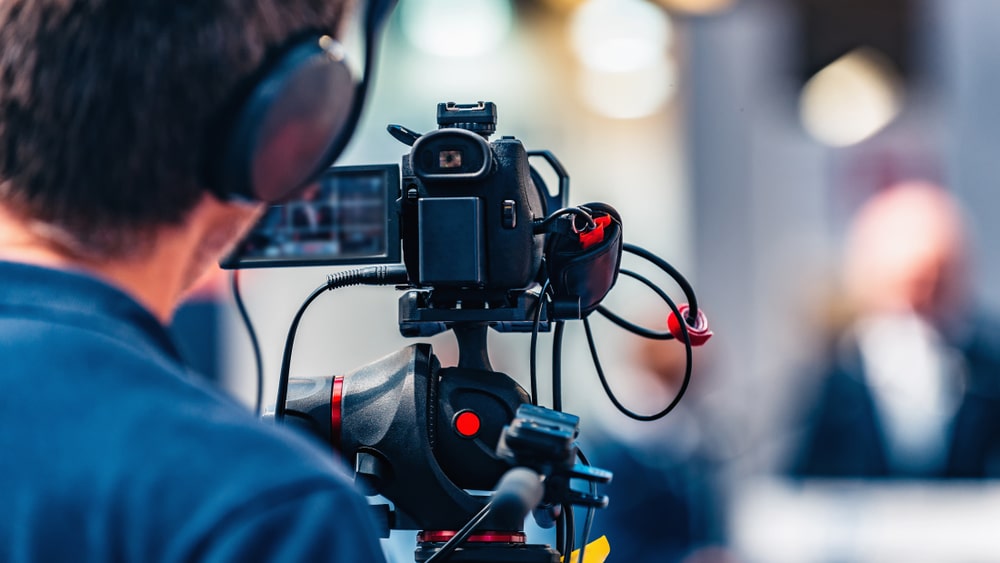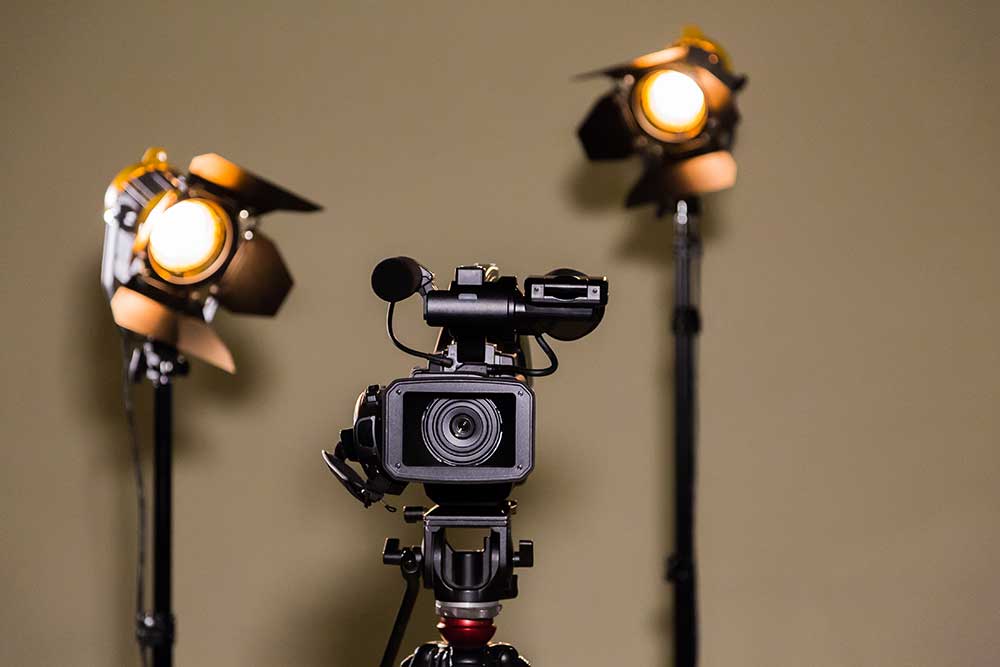Trusted Legal Videography for Secure Case Support.
Trusted Legal Videography for Secure Case Support.
Blog Article
The Role of Lawful Videography in Depositions and Trials
Legal videography has actually arised as a crucial device in both depositions and tests, offering a multifaceted method to documenting witness statements. By catching not only the talked word yet additionally the subtleties of non-verbal communication, this medium enhances the reliability of testimonies and preserves crucial proof for future procedures (legal videography). As lawyers increasingly recognize its worth, it triggers a deeper exam of exactly how these visual documents can influence juror perceptions and test results. What implications might these developments hold for the future of lawful technique?

Importance of Lawful Videography
Lawful videography plays a crucial duty in the documents and presentation of depositions and trials. This specific area combines technological skills with legal understanding to develop a dependable document of procedures that can dramatically influence situation results. The appearance of lawful videography enhances the understanding of witness statement, permitting jurors and judges to observe not just the spoken words but also the disposition, feelings, and body language of the witnesses.
Additionally, lawful videography gives an unbiased account of events, minimizing the capacity for misconception that can happen with composed transcripts alone. This visual documentation works as a vital tool during test presentations, promoting a clearer and even more convincing story for both plaintiffs and offenders. Moreover, the capacity to replay video clip segments throughout court proceedings allows legal teams to emphasize crucial points, reinforcing their debates successfully.
The importance of lawful videography prolongs past the court; it additionally plays an important duty in protecting proof for future recommendation, whether for appeals or more legal activity. Because of this, its assimilation into the lawful process is essential for making certain a reasonable and accurate depiction of the realities, ultimately contributing to the search of justice.

Process of Legal Videography
While capturing the nuances of depositions and tests, the process of legal videography entails numerous important steps that ensure top quality, precise recordings. An expert legal videographer prepares by examining the situation materials and understanding the certain requirements of the deposition or trial. This prep work includes acquainting themselves with the individuals and the context, which aids in catching significant details.
On the day of the recording, the videographer establishes the necessary devices, which typically consists of high-definition cams, microphones, and proper illumination. Ensuring ideal angles and audio high quality is crucial, as it directly affects the efficiency of the recording. The videographer connects with lawyers and individuals to develop protocols, guaranteeing that every person recognizes the recording process.
During the deposition or trial, the videographer thoroughly records the proceedings, paying attention to both verbal and non-verbal cues. This consists of catching the disposition and reactions of witnesses and lawyers. After the session ends, the videographer might modify the video for quality and conformity with legal requirements, producing an end product that accurately reflects the process for future referral and use in legal contexts.
Advantages in Depositions
The consolidation of videography in depositions provides numerous benefits that improve the overall process of collecting evidence. One primary advantage is the capability to catch witness testimonies with visual and auditory integrity, offering a much more precise representation of the witness's temperament, tone, and body movement. This multidimensional technique enables lawyers and advice courts to examine reputation better than typical written records alone.
In addition, videographed depositions work as an effective tool for protecting testimony. Ought to a witness come over at this website to be unavailable for test, their recorded deposition can be played in court, making sure that their proof remains easily accessible and relevant. This element significantly minimizes the threat of losing crucial details that could affect instance outcomes.

Lastly, videography improves the general professionalism and reliability of the deposition procedure, instilling self-confidence in clients relating to the thoroughness of their lawful depiction (legal videography). By leveraging technology, attorneys can significantly improve the effectiveness of depositions
Effect On Tests
In lots of tests, the integration of videography can significantly influence the presentation of evidence and the jury's understanding. Legal videography catches witness statements and essential evidence in a dynamic format, permitting jurors to involve with the material on multiple degrees. This aesthetic element enhances the narration element of a trial, providing context and psychological resonance that traditional text-based proof may lack.
In addition, video clip recordings can serve as powerful tools for impeachment throughout interrogation. When inconsistencies occur between a witness's prior declarations and their court testimony, video evidence offers an objective referral that can persuade jurors' opinions. This immediacy and clearness can reinforce the trustworthiness of a party's story while concurrently undermining opposing arguments.

Future Trends in Legal Videography
As we look toward the future of legal videography, a number of arising patterns guarantee to reshape its function within the court. One considerable pattern is the assimilation of expert system (AI) in video clip evaluation and editing and enhancing. AI can enhance the procedure of recognizing vital minutes in videotaped depositions, permitting lawyers to quickly access relevant content, thus improving performance in situation prep work.
In addition, the increase of online fact (VIRTUAL REALITY) and increased truth (AR) modern technologies is anticipated to change just how jurors experience evidence. legal videography. By submersing jurors in a substitute environment, these technologies can offer a much more extensive understanding of complex situations, resulting in even more educated deliberations
In addition, the increasing need for remote depositions, accelerated by the COVID-19 pandemic, will likely continue. Legal videographers will need to adapt to new software and platforms to ensure premium recordings in digital setups.
Finally, the growing emphasis on data security will necessitate more stringent procedures for keeping and sharing video clip proof. As the lawful landscape develops, lawful videographers have to remain abreast of these trends to keep their relevance and performance in the judicial procedure.
Final Thought
In recap, legal videography offers a vital function in the judicial process, boosting the integrity of depositions and tests. As modern technology continues to advance, legal videography is positioned to further transform its duty within the lawful landscape.
Report this page